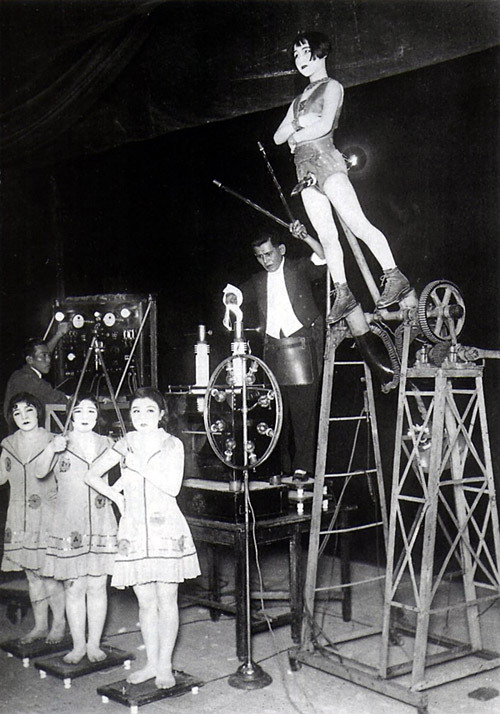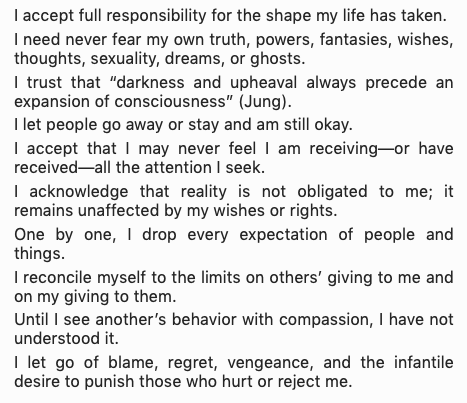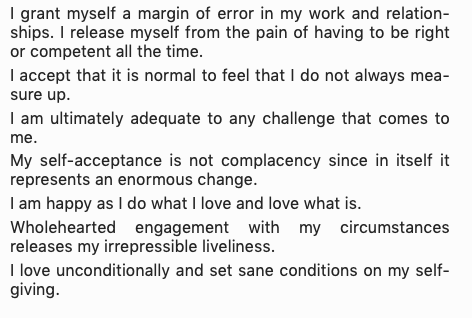my name is princess sometimes : they/them : 26: @wetqee
Don't wanna be here? Send us removal request.
Text
really everyone you love has something miserably wrong with them or an obvious flaw that won't ever be fixed but like it's up to you what kind of person you can and cannot deal with. someone in my family has anger issues which I can handle and diffuse with no problem, but a person who can't tolerate yelling could not be close to him. another person I know is very anxious & needs constant reassurance and she gets along famously with gentler and more straightforward people than myself, but I can't handle being second guessed all the time. someone who is loosey goosey with their morals wouldn't bother me, but a person with a profound sense of justice makes me feel afraid of getting on their bad side. none of these traits actually make someone a bad person & just because there are personalities I can't handle doesnt mean I'M a bad person either. litany against callout posts for stupid shit and simple incompatibilities we all have to live on this earth together & need to learn how to deal with each other
30K notes
·
View notes
Photo

Magician Shokyokusai Tenkatsu and her Flower Heaven Troupe wearing a strap-on hooked into a 300,000 volt Tesla Coil to shower bolts of artificial lightning on the girls below holding conductor rods, part of the Japanese artistic movement called Eroguronansensu (literally “erotic-grotesque-nonsense”)
32K notes
·
View notes
Text
actually I think you're lying about your lived experience and the proof I have is that i asked the warped and evil strawman version of you that I built to live inside my mind and it said you're full of shit and you never have good intentions ever
13K notes
·
View notes
Text

Toni Morrison at Howard University as Queen Elizabeth in Shakespeare’s “Richard III."
2K notes
·
View notes
Text
sweet tea with 1 creamer
waiting for the plug
airline peanut joke bit
5 naked twinks around a firepit
0 notes
Text
The Generals
#me at dyke night last night#being femme is hard in there sometimes bc#the art of the glamorous is dying out and me in my glitter drag turns off the androgynous only crowd#but i has fun nevertheless
2K notes
·
View notes
Text

Vogue Japan, September 2001.
Ph. Raymond Meier
601 notes
·
View notes
Text

In May 1921, American polymath Walter Russell entered a 39-day coma-like state, during which he claimed to have accessed “the source of all knowledge.” Upon awakening, he frantically wrote down what he had seen — pages filled with philosophical, scientific, and spiritual revelations that would later form the foundation of his manuscript *The Universal One*. Though he sent his findings to 500 leading minds of the time, nearly all dismissed him as mad — except one. Nikola Tesla, the visionary inventor, was so struck by Russell’s insights that he urged him to seal the work away for a thousand years, insisting that humanity was not yet ready for its truths.
Walter Russell’s revelations reimagined the very structure of reality. He argued that matter was not solid but crystallized light slowed by thought — that everything around us, from rocks to human bodies, was composed of light patterns, shaped by consciousness. He believed the universe was fundamentally mental, not material, and that all things moved in rhythmic cycles — expansion and contraction, like breath. He dismissed opposites like good and evil as illusions, asserting instead that everything sought harmony and balance. To Russell, death wasn’t an end but the release of compressed light returning to its source. Even time, he claimed, wasn’t linear, but a spiral where past, present, and future coexisted.
These ideas were radically ahead of their time, blending metaphysics, wave dynamics, and a deep sense of universal unity. He believed electricity was a living spiral of energy, not merely electrons in motion, and that the vacuum of space was in fact a vibrant sea of untapped potential. Health, in his view, was the natural rhythm of the body, and disease was simply a disruption of that flow. Though ignored or ridiculed during his lifetime, Russell’s work now draws new attention in an era where quantum physics and consciousness studies begin to echo the same questions. To many, he is no longer a forgotten eccentric, but a prophet of a paradigm yet to come.
656 notes
·
View notes









